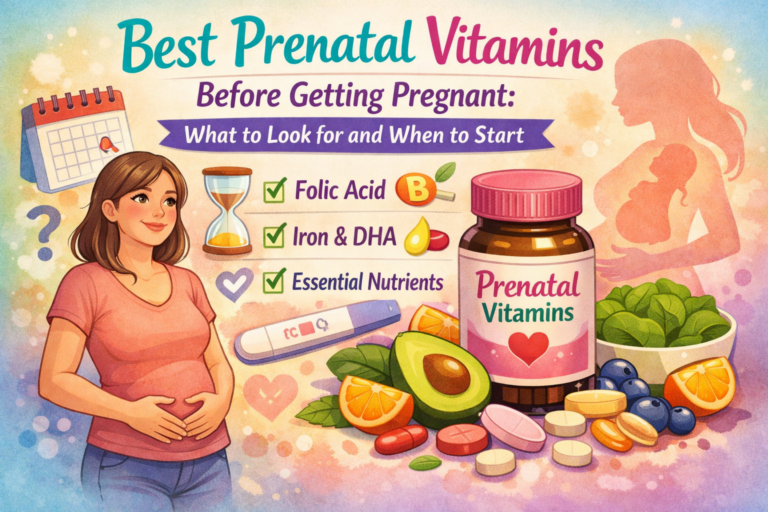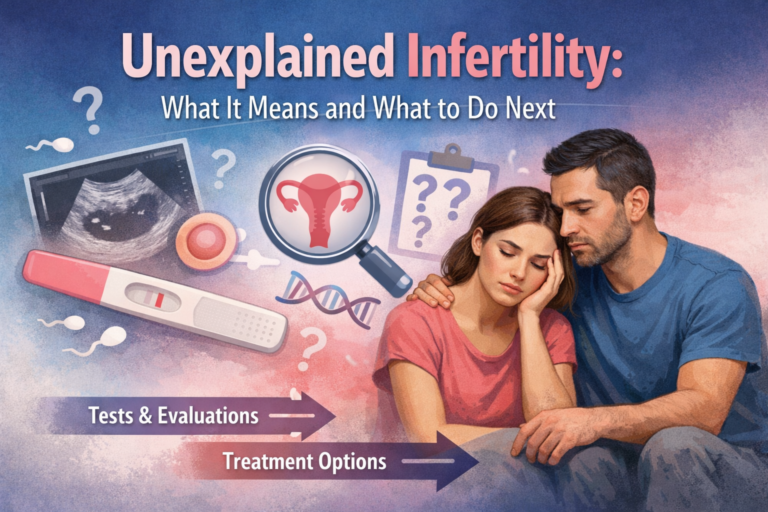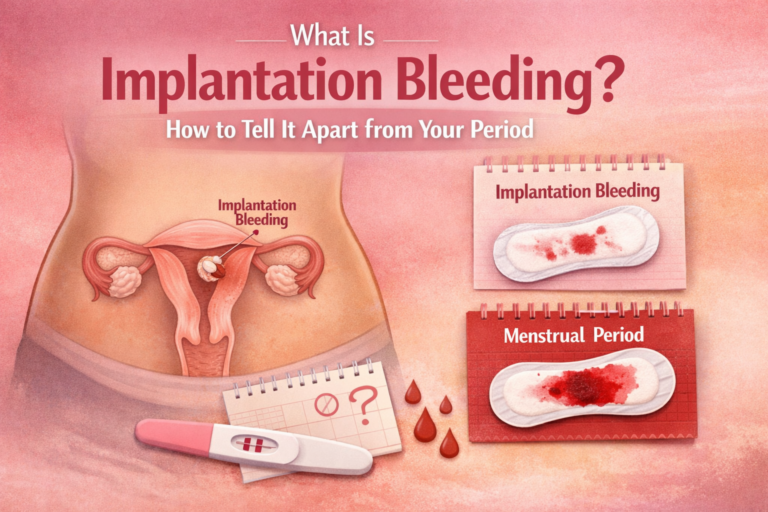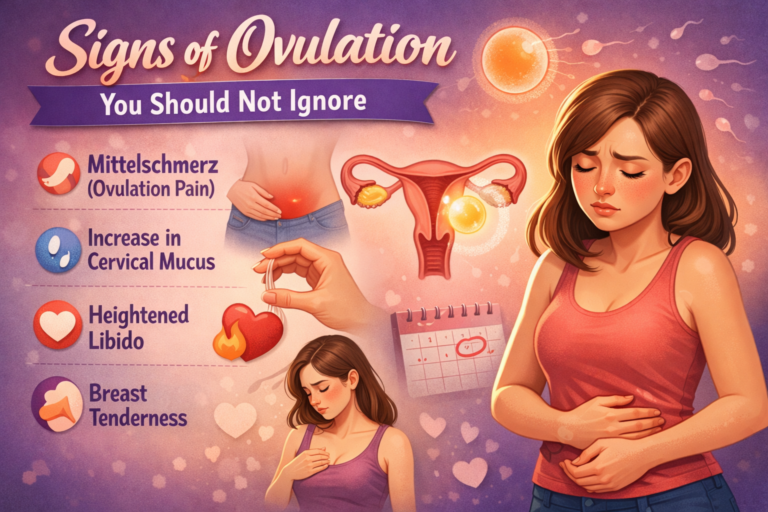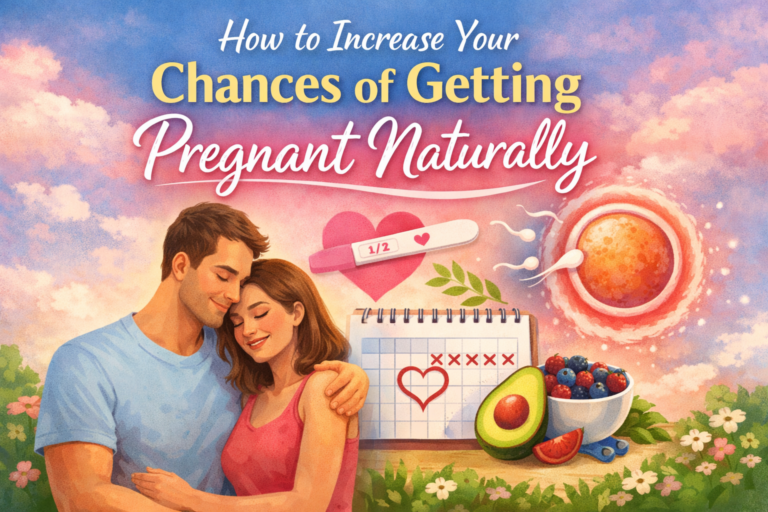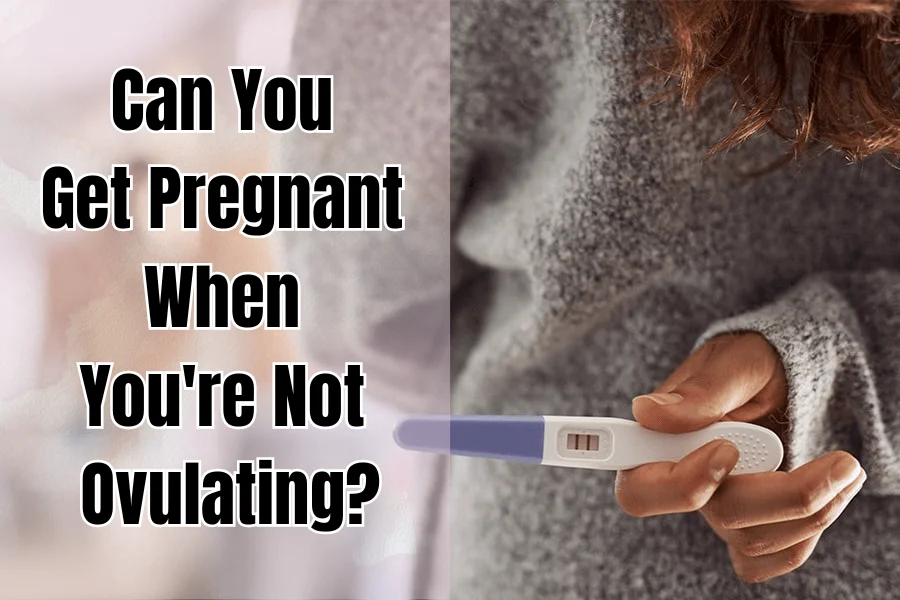
Ovulation is typically the prime time for conception. Sperm can survive in the reproductive tract for a few days, waiting for an egg to fertilize and cause a pregnancy. Then, can you get pregnant when you’re not ovulating? The curiosity about pregnancy outside of ovulation arises from the complexities of the menstrual cycle and fertility.
Whether you’re using this information to plan for pregnancy or to avoid it, understanding when conception plays a crucial role. In this article, we’ll learn about the science behind conception outside of ovulation, exploring factors that influence fertility beyond the fertile window.
Understanding Ovulation Cycle & Chances of Getting Pregnant When Ovulating
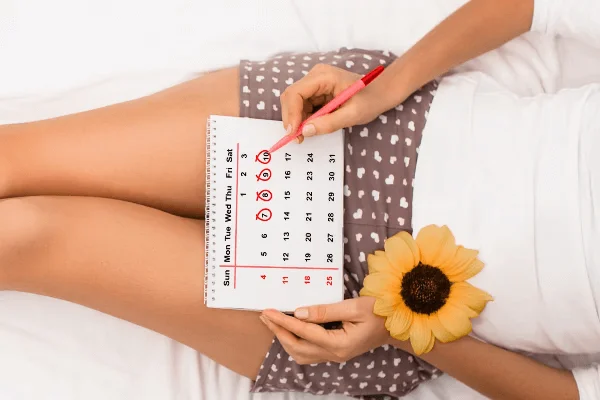
Your ovulation cycle is like magic – a beautiful dance of hormones that prepares your body for pregnancy each month. Menstruation is triggered if the egg is released and hasn’t been fertilized. It’s usually a 28-day cycle. But if the cycle ranges from 21 to 35, it is still considered regular. Understanding your menstrual cycle can be a game-changer when it comes to fertility awareness.
Ovulation timing might not be the same for everyone! For most cases, ovulation will occur in the middle of the cycle. This translates to roughly 14 days after your period starts if you have a typical 28-day cycle. But cycles can vary! If yours is longer, like 35 days, ovulation might happen closer to day 21.1 Tracking your cycle length can be a superhero move in pinpointing your ovulation window. A common mistake that many people make is that they don’t count from the “correct” first day of their menstrual cycle. The first day of bleeding is counted as day 1, not the day after.
Having sex during your fertile window will increase the chances of getting pregnant when ovulating. But it’s not a guaranteed baby bonanza! A healthy pregnancy depends on several factors like the quality of the sperm and egg and how receptive your uterus (known as the endometrium) is at the time.
When Is Most Likely To Get Pregnant?
Mark your calendars! Ovulation, your prime time for getting pregnant, typically takes center stage somewhere between day 11 and day 21 of your cycle. It’s like a one-day show, but the exact timing can be a bit of a surprise. It can happen any time within that window and might not be the same each month.
After ovulation, an egg can live 12-24 hours, but sperm can live for up to 5 days after having sex in a woman’s reproductive system. Thus, having sex 1 day after or 5 days before ovulation can result in pregnancy, according to ACOG (the American College of Obstetricians and Gynecologists). Unprotected sex 1 day before ovulation had the highest probability of becoming pregnant – 41%.
Can you only get pregnant during ovulation? Not really. The likelihood of conceiving can fall and rise throughout the ovulation cycle. At roughly day 13 after starting the period, this chance is estimated at 9%.
Chances of Getting Pregnant Right After Period
If you want to have a baby, intercourse at this phase will bring great chances. You are not yet ovulating right after finishing the period. But if you have sex in the days leading up to ovulation, those sperms might still be there to greet the egg and create a pregnancy miracle!
“I recommend having sex frequently. 2 to 3 times a week, but every other day if you can, shortly after you stop menstruating to cover your window of pre-ovulation,”.
Advised by Kelly Pagidas, a fertility specialist from Women and Infants Center for Reproduction and Infertility, Rhode Island.
Can you get pregnant when you’re not ovulating? Exploring the possibility
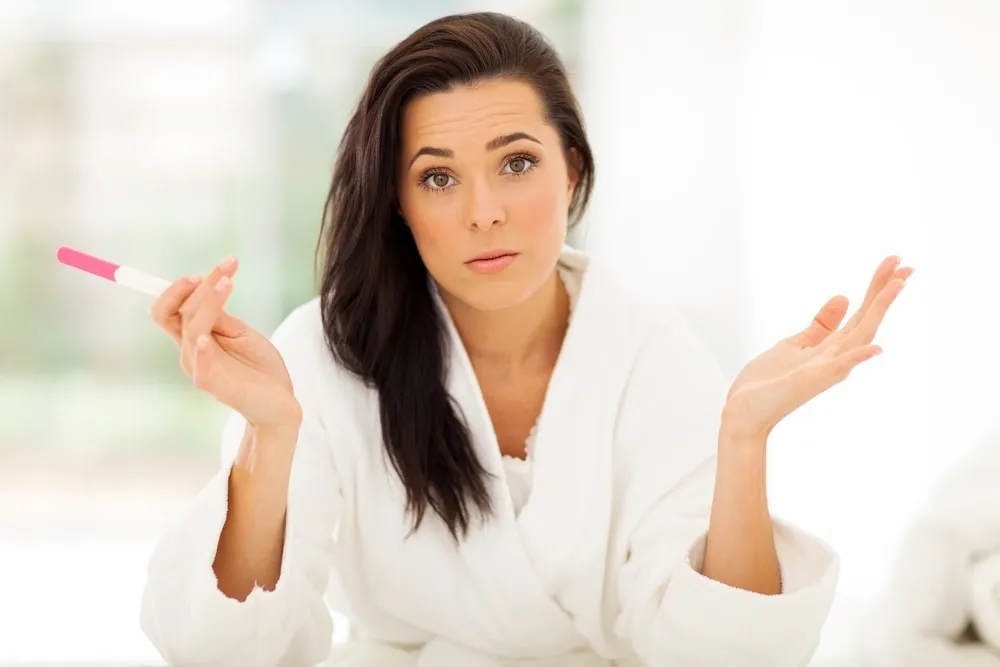
Yes, you can get pregnant when you’re not ovulating. While ovulation, often around 2 weeks after your period starts, offers the highest chance of pregnancy.2 Even so, there’s still a small possibility of conception at other times in your cycle.
This is particularly true for those with unpredictable periods. The chance of getting pregnant increases after the bleeding stops day by day. This means that unprotected sex at any point in your cycle carries a possibility of pregnancy.
Chances of Getting Pregnant After Ovulation
Can you get pregnant after ovulation is over? Your chances of conceiving after ovulation are low. After ovulation takes center stage, things shift a bit. Progesterone, a hormone that helps prepare your body for pregnancy, starts to rise. This change also dries up your cervical mucus, making the journey a bit tougher for sperm. As a result, you’re no longer in your fertile window for that cycle, unless you ovulate twice (which is uncommon!). One more thing, your basal body temperature does take a slight hike (about half a degree) around ovulation. However, this rise happens after ovulation itself.
If you are trying to avoid pregnancy naturally, this is a good phase. However, remember: with a working ovary and sperm, there’s never a 100% guarantee when it comes to birth control.
Chances of Getting Pregnant During Your Period
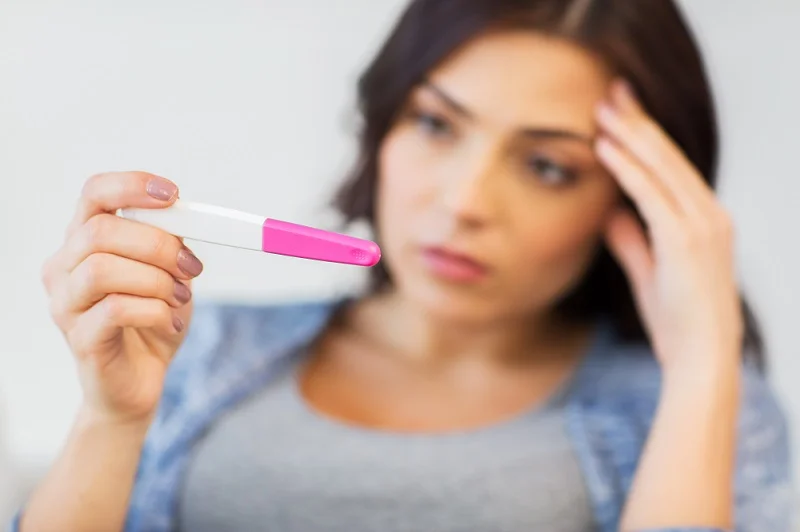
You might have heard getting pregnant on your period is impossible, but that’s not quite true. While the chances are low, it still can happen. Ovulation cycles aren’t always on a perfect schedule. They can vary from month to month, and sometimes ovulation can sneak in a bit earlier than expected.
For example, you have a 21-day cycle and will ovulate around day 7. Then, if you have intercourse towards the end of the period, for example on the 5th day of bleeding, you could conceive. This is because sperm can be present in the fallopian tubes for up to 5 days.
Getting pregnant right after your period is highly unlikely, close to zero. But here’s the thing: chances do start to inch upward with each day after the bleeding stops. This is because ovulation can sometimes happen earlier than expected, especially with irregular cycles.
You can not have a baby without ovulation in your cycle. The reason is no egg is available to be released and fertilized by sperm. Ovulation isn’t always a clockwork event. Like your period, it can be a little unpredictable! The exact day you ovulate can vary from cycle to cycle, and sometimes it might even skip a month altogether. This can occur when you’re starting a menstrual journey, or you approach menopause.
A simple fertility testing is the change in your cervical mucus. You might notice an increase in vaginal discharge that becomes thicker and sticker (like the consistency of egg white). Gently insert a finger into your vagina, then remove it and touch it between your thumb and index finger. If it stretches easily, that’s a good indication of your plan of becoming pregnant.
Instead, you can try test kits right at home: ovulation predictor kits (OPKs)! They are available at most drugstores and very easy to use. OPKs detect a surge in a hormone called luteinizing hormone which typically happens about 1-2 days before ovulation. Once the test shows a positive result (indicating the LH surge), you’ve got your fertile window! Aim to have sex within the next 24-36 hours to increase your chances of conception. Remember, sperm can live for a few days in a fertile cervix, so they’ll be waiting to meet the egg when it’s released.
So, I got the answer to your question “Can You Get Pregnant When You’re Not Ovulating?”. If you have any concerns about your cycle or fertility, don’t hesitate to chat with your doctor! They can provide personalized guidance and support for a healthy and happy you.
Sources
- ACOG – The American College of Obstetricians and Gynecologists – Trying to Get Pregnant? Here’s When to Have Sex – Dr. Barry Witt ↩︎
- Your Fetility – Understanding how to improve your chance of having a baby – Right time for sex ↩︎

